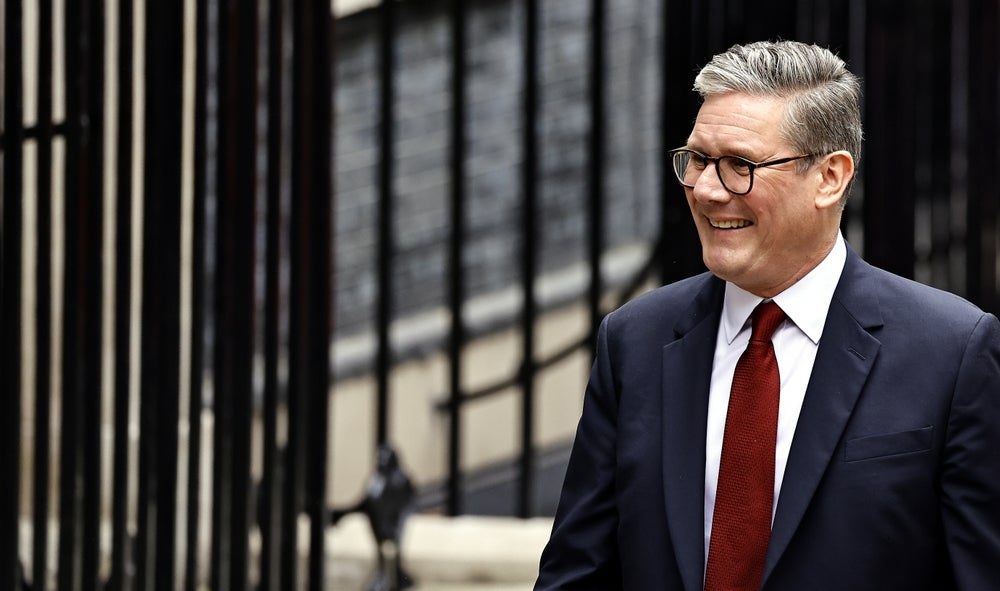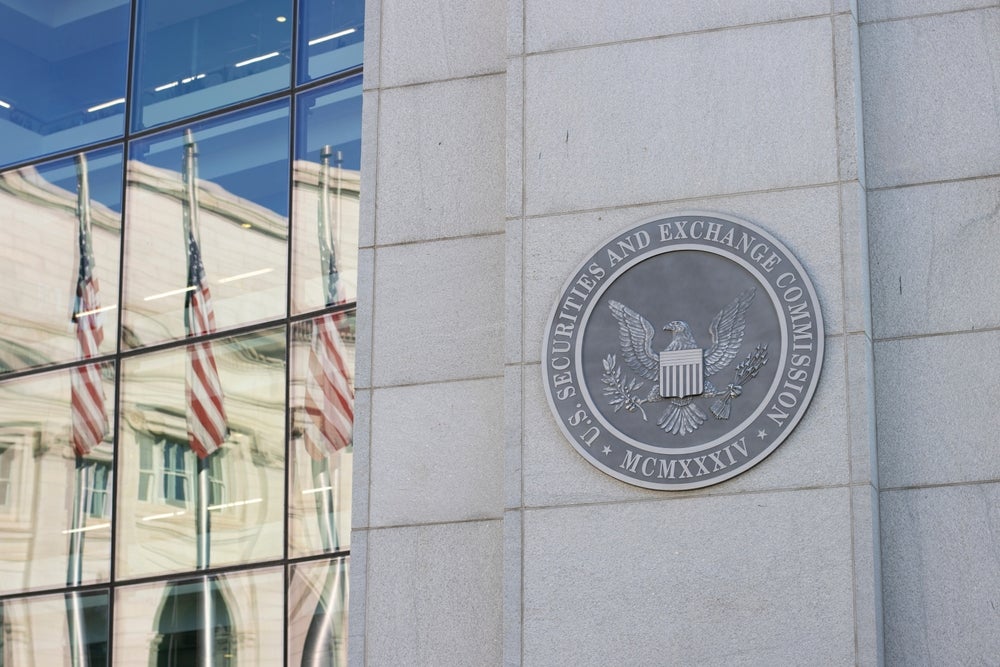The Securities and Exchange Commission (SEC) has approved a set of proposed disclosure requirements for US listed companies in the extractive industry.
The aim is to bring transparency to their annual reports, disclosing any payment made to a foreign government due to the extraction of oil, natural gas or minerals.
A set of rules, implementing Section 1504 of the Dodd Frank Act, were proposed in August 2012 by the SEC but litigation from the industry halted its adoption.
The rules go beyond country-by-country reporting, as the SEC said in a statement: "The disclosure would be made at the project level similar to the approach adopted in the European Union and proposed in Canada."
Extractive companies would have to report any payment of $100,000 or more made during one fiscal year. The definition of "project" is based on the legal agreement that creates the obligation to pay.
SEC commissioner Luis Aguilar highlighted that since the rules were vacated due to litigation global efforts to increase transparency continued to advance in the European Union, Norway and Canada.
How well do you really know your competitors?
Access the most comprehensive Company Profiles on the market, powered by GlobalData. Save hours of research. Gain competitive edge.

Thank you!
Your download email will arrive shortly
Not ready to buy yet? Download a free sample
We are confident about the unique quality of our Company Profiles. However, we want you to make the most beneficial decision for your business, so we offer a free sample that you can download by submitting the below form
By GlobalData"This type of disclosure is consistent with an emerging global consensus to combat government corruption through greater transparency and accountability. Today’s re-proposed rules are consistent with those global efforts," he said.
Dissenting voice
However, one SEC commissioner expressed opposition to the proposed rules and issued a dissenting statement. Michael Piwowar said that such a disclosure regime was contrary to the SEC’s core mission, which must serve investors and not special interests.
"Provisions such as Section 1504 have nothing to do with helping investors. This is yet another situation where politically-connected special interests are using shareholder resources to push their own agenda.
"There is no difference between a company executive who takes resources out of the corporate treasury for his or her own self-interest and a special interest group that does the same," Piwowar said.
He also noted that the rules could put publicly-traded companies at a competitive disadvantage compared to private and foreign companies that are not subject to the SEC’s oversight.
The fact that those companies would not be subject to the rule, Piwowar said, "actually undercuts the transparency objectives of Section 1504."
He also expressed concerns over the project-level payment information. "That information might be used by third-party actors, including non-profit and non-governmental organizations, as a means to extract their own payments in return for not opposing various projects throughout the world."
The deadline to send feedback on the proposed rules is 25 January 2016.
Related story
Europe clamps down on extractive industries reporting






